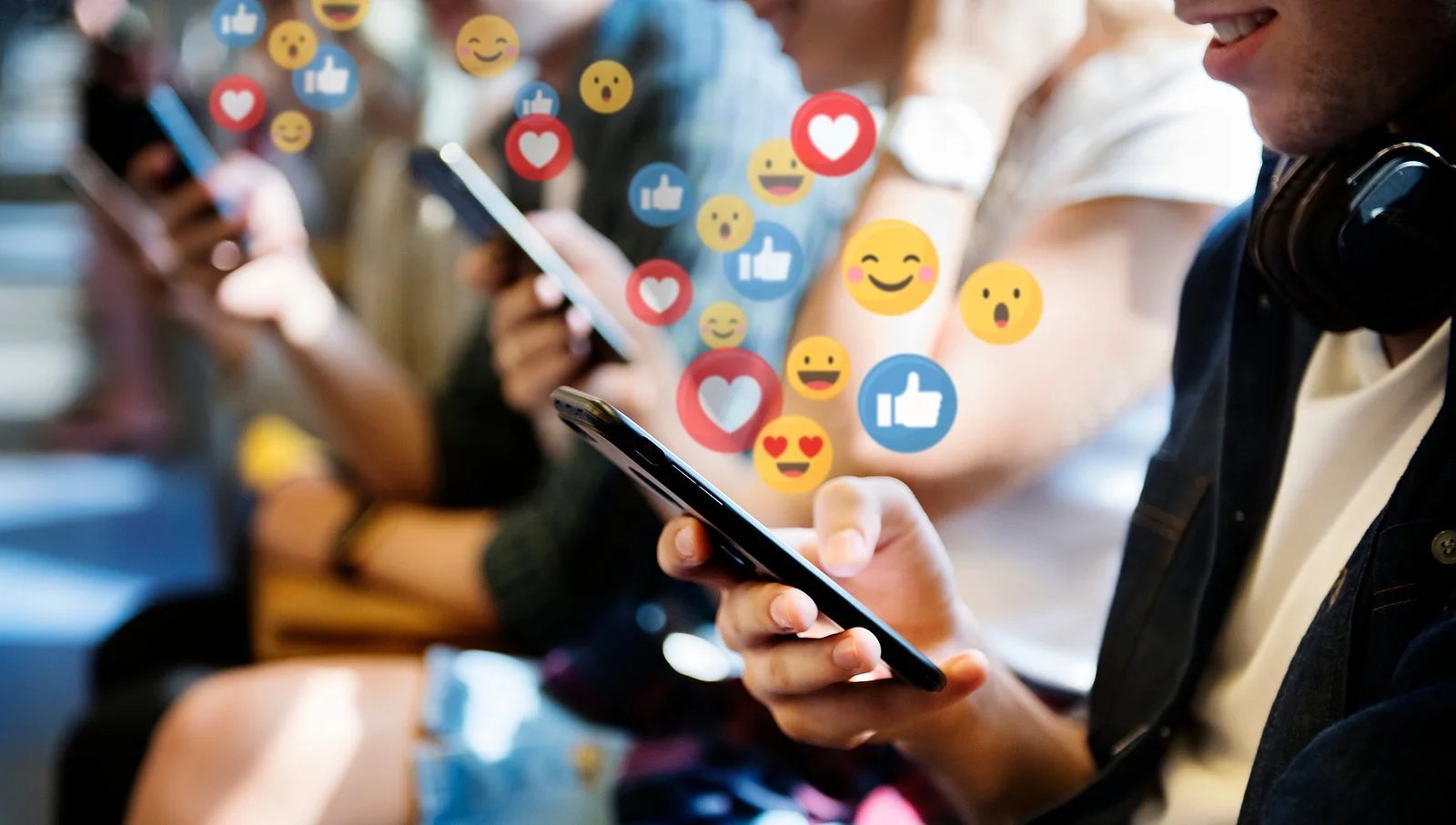We've all heard horror stories about social media: how it can make us feel bad about ourselves and our lives, how it might be ruining our relationships, and how it contributes to depression and anxiety. While those sentiments all have some truth, let’s not forget that we can also use social media to our advantage. There are ways in which social media can work for— not against— your mental health.
An Overview of Social Media’s Advantages
There's no doubt that social media can be a negative force in our life. But it doesn't have to be. Here are some ways that we can use social media to our advantage when it comes to mental health:
Learn about mental health and normalize it
Fill our feeds with people who inspire us
Connect with others who have similar struggles
Find support through online communities
Limit the amount of time we spend online
Social media can be a place to learn about and normalize mental health issues
Now more than ever people are sharing their experiences of mental health struggles online. One potential benefit of this is feeling less alone. We can find comfort in the fact that other people have had similar feelings or experiences. Social media has allowed people to find connection and hope, even when they can’t leave the house.
Social media can also be a tool to learn about mental health issues and ways to cope. Of course, it is important to take the information that you learn with a grain of salt and make sure you are getting information from valid sources. See our article on this here.
Finding people to follow who are positive, inspirational, and realistic is key
Filling your feed with people who make you feel good is important. You might consider asking your friends who their favorite accounts are and why. You could also search for hashtags that peak your interest as a way to see specific topics and find accounts that align with your values.
Consider joining online groups that resonate with you
It's easy to feel alone when you’re going through a tough time. Online groups can be a safe space where members share their experiences and support each other in their struggles. Some online groups are anonymous, which can make it easier for members to share without fear of judgment or stigma.
Don’t be afraid to unfollow or unfriend
Managing your feed also includes using the “unfollow” function. Pay attention to the feeds that don’t make you feel good, or that make you feel blatantly worse. If we find ourselves becoming repeatedly upset by posts from a specific account, or find that we are constantly comparing ourselves to someone in a way that is harmful, it might be time to unfriend or unfollow.
Know when to log off (or delete) your account
Setting boundaries online extends beyond the “unfollow” function— we also have to set boundaries with ourselves. Setting limits on how much time we spend on social media, and electronics in general, is crucial. If you find it difficult to go more than 30 minutes without checking social media, it might be time to reevaluate your habits and how much time you actually want to spend on your phone. Social media can be a great tool to support mental health when used in moderation. It is important to find other sources of support and self-care too.
Social media can be a great resource for our mental health if we are intentional about our use. Be aware of the content you are consuming and its potential effects on you. Follow accounts that make you feel good and leave the rest. It’s all about finding a balance that works for you!
Begin Working With An Ashville Mental Health Therapist
Learning to use social media to support your mental health can take much longer than one may think. This is why our team of caring therapists would be honored to support you with in-person and online therapy services across the state. We are happy to offer support from our Asheville, NC-based practice and across North Carolina. You can start your therapy journey, by following these simple steps:
Meet with a caring therapist
Start supporting your mental health!
Other Therapy Services Offered by Strive On Counseling
As Asheville therapists, we understand that every individual has a unique set of mental health needs. This is why we are happy to offer many forms of therapy. These services include individual counseling, anxiety treatment, EMDR trauma therapy, therapy for men’s issues, mindfulness, Buddhist counseling, cognitive behavioral therapy, and teletherapy / online therapy. Other services offered include guided meditations, supplements, a list of books and other useful resources, and online courses. If you would like more information about any of these services, please reach out today, and start doing therapy in North Carolina!




